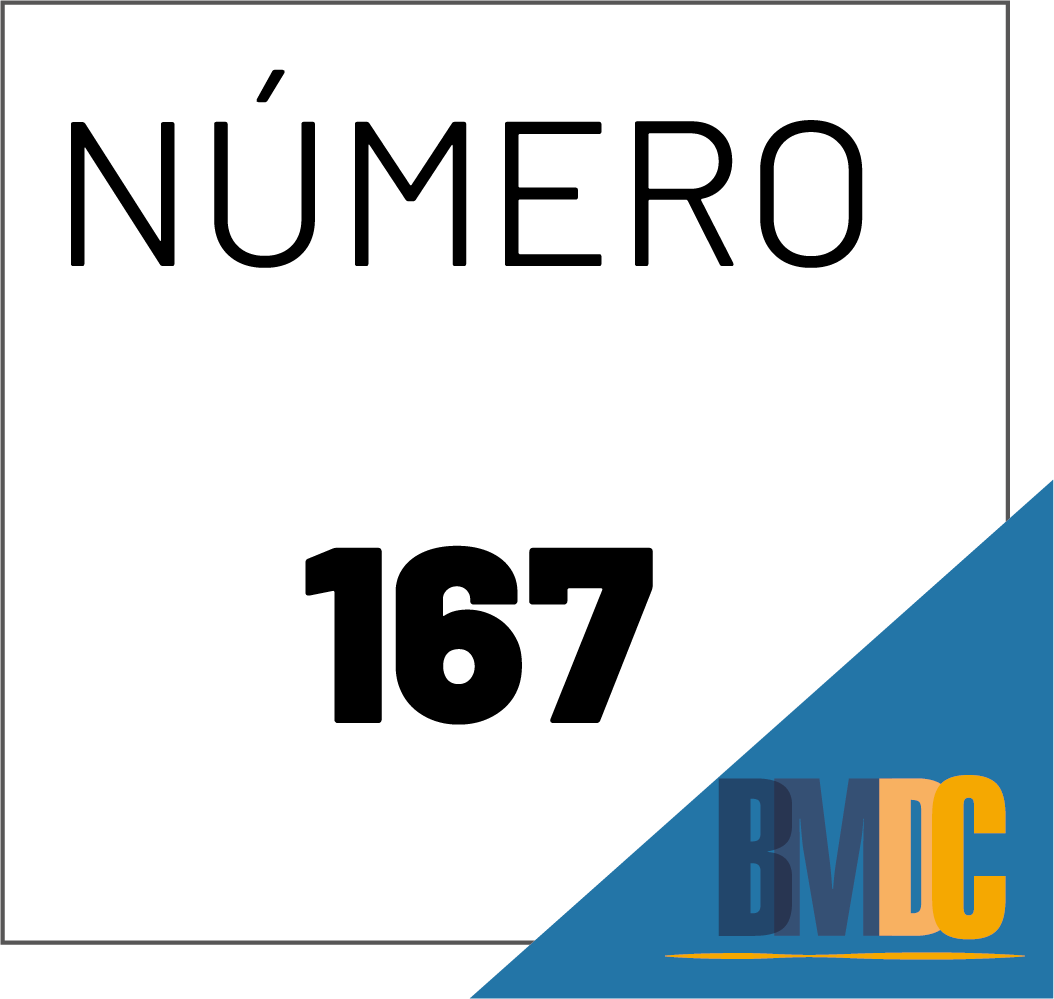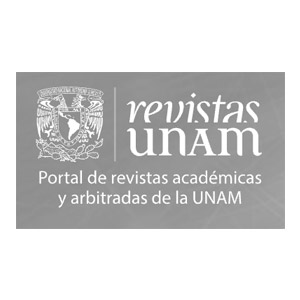La cuarta generación de derechos humanos: normas europeas y experiencia nacional
La clasificación generacional de los derechos humanos es vital y necesaria para examinar el desarrollo de paradigmas jurídicos. Este enfoque facilita la comprensión más profunda de la evolución de nociones y teorías dentro del ámbito de los derechos humanos, al tiempo que señala diferencias clave en las diversas etapas de esta evolución. Otorgar derechos a generaciones particulares nos permite monitorear cómo la sociedad adopta y reconoce facetas novedosas de conciencia y garantías legales. Los autores utilizan varios métodos científicos, incluidos análisis, síntesis, inducción y deducción, así como métodos históricos y jurídicos, jurídicos formales y jurídicos comparados, para examinar la cuarta generación de derechos humanos. El artículo tiene como objetivo investigar la naturaleza de estos derechos, identificar los derechos particulares de esta época y examinar las normas europeas relacionadas con estos derechos. También intenta evaluar las posibilidades de realización legislativa de estos derechos en Ucrania, tanto ahora como en el futuro. Conclusiones y sugerencias del artículo pretenden servir como base teórica y metodológica para una legislación que mejore el marco político y jurídico del Estado ucraniano. Esto es para los programas destinados a abordar las deficiencias en el área de protección y garantía de los derechos humanos somáticos a nivel nacional.
Detalles del artículo
Uso de licencias Creative Commons (CC)
Todos los textos publicados por el Boletín Mexicano de Derecho Comparado sin excepción, se distribuyen amparados con la licencia CC BY-NC 4.0 Internacional, que permite a terceros utilizar lo publicado, siempre que mencionen la autoría del trabajo y la primera publicación en esta revista. No se permite utilizar el material con fines comerciales.
Derechos de autoras o autores
De acuerdo con la legislación vigente de derechos de autor el Boletín Mexicano de Derecho Comparado reconoce y respeta el derecho moral de las autoras o autores, así como la titularidad del derecho patrimonial, el cual será transferido —de forma no exclusiva— al Boletín para permitir su difusión legal en acceso abierto.
Autoras o autores pueden realizar otros acuerdos contractuales independientes y adicionales para la distribución no exclusiva de la versión del artículo publicado en el Boletín Mexicano de Derecho Comparado (por ejemplo, incluirlo en un repositorio institucional o darlo a conocer en otros medios en papel o electrónicos), siempre que se indique clara y explícitamente que el trabajo se publicó por primera vez en este Boletín.
Para todo lo anterior, deben remitir la carta de transmisión de derechos patrimoniales de la primera publicación, debidamente requisitada y firmada por las autoras o autores. Este formato debe ser remitido en PDF a través de la plataforma OJS.
Derechos de lectoras o lectores
Con base en los principios de acceso abierto las lectoras o lectores de la revista tienen derecho a la libre lectura, impresión y distribución de los contenidos del Boletín por cualquier medio, de manera inmediata a la publicación en línea de los contenidos. El único requisito para esto es que siempre se indique clara y explícitamente que el trabajo se publicó por primera vez en el Boletín Mexicano de Derecho Comparado y se cite de manera correcta la fuente incluyendo el DOI correspondiente.

Esta obra está bajo una licencia internacional Creative Commons Atribución 4.0.
Citas
Adolphsen, C. (2019). Use of force in somatic treatment of adults in Denmark. European Journal of Health Law, 26(4), 331-347.
Anishchuk, N. V., Afanasyeva, M. V. and Bakayanova, N. M. (2018). Problems of modern constitutional studies. Yurinkom Inter.
Aubert, O., Yoo, D., Zielinski, D., Cozzi, E., Cardillo, M. y Dürr, M. (2021). COVID-19 pandemic and worldwide organ transplantation: a population-based study. Lancet Public Health, 6(10), 709-719. DOI: 10.1016/S2468-2667(21)00200-0.
Barabash, O. (2022). Somatic rights in the human rights system: Ownership of your body. Pravo Ukrainy, 2, 108-121.
Council of Europe (1950). European Convention for the ¨Protection of Human Rights and Fundamental Freedoms. https://zakon.rada.gov.ua/laws/show/995_004#Text
Council of Europe (1997). Convention on the Protection of Human Rights and Dignity Regarding the Application of Biology and Medicine. http://ippi.org.ua/vidredaktsiinoi-kolegii-konventsiya-radi-еvropi-№-164-vid-4-kvitnya-1997-roku-prozakhist-prav-i-gi
Council of Europe (1998). Additional Protocol on the Prohibition of Human Cloning. https://ips.ligazakon.net/document/view/mu98247?ed=1998_01_12
Dinçer, F. I., Bayram, G. E. and Altunoz, O. (2020). Fourth generation of rights and their reflections on human resources practices in tourism businesses. Organizational behavior challenges in the tourism industry. IGI Global, (60-81).
Porte, C. de la and Jensen, M. D. (2021). The next generation EU: an analysis of the dimensions of conflict behind the deal. Social Policy & Administration, 55(2), 388-402.
Donnelly, J. and Whelan, D. J. (2020). International human rights. Renewable and Sustainable Energy Reviews, 107, 37-50.
European Council (2000). Charter of Fundamental Rights of the European Union. https://ips.ligazakon.net/document/MU00303
European Court of Human Rights (2012). Application Nº 3111/10. Ahmet Yildirim v. Turkey. https://hudoc.echr.coe.int/fre#{%22itemid%22:[%22002-7328%22]}
Gordon, J. S. (2023). What are human rights? In The impact of artificial intelligence on human rights legislation. Palgrave Macmillan, (29-44).
Global Observatory on Donation and Transplantation (2021). International report on organ donation and transplantation activities. http://www.transplant-observatory.org/wp-content/uploads/2021/06/GODT2019-data_web_updatedJune-2021.pdf
Gromovchuk, M. V. (2021). Consolidation of somatic rights in international legal acts. Scientific Bulletin of the Uzhhorod National University, 63, 46-50.
Hermawanto, S., Negara, T. A. and Sugiri, B. (2022). Legal implications of unclear regulation of responsible subjects in the fulfillment of human rights. Journal of International Legal Communication, 7(4), 38-47.
Kostyk, E. (2019). The issue of irregularity of surrogate maternity in Ukraine. In Ensuring human rights of the fourth generation in the health care system. Uzhhorod National University, (156-163).
Krylova, D. (2017). The fourth generation of human rights in the context of the relationship between legal and moral norms. National Law Journal: Theory and Practice, 2, 26-30.
Law of Ukraine Nº 2801-XII (1993). Fundamentals of legislation on health care of Ukraine. https://zakon.rada.gov.ua/laws/show/2801-12#Text
Law of Ukraine Nº 254к/96-VR (1996). Constitution of Ukraine. https://zakon.rada.gov.ua/laws/show/254к/96-вр#Text
Law of Ukraine Nº 2947-III (2002). Family Code of Ukraine. https://zakon.rada.gov.ua/laws/show/2947-14#Text
Law of Ukraine Nº 435-IV (2003). The Civil Code of Ukraine. https://zakon.rada.gov.ua/laws/show/435-15#Text
Law of Ukraine Nº 2231-IV (2004). On Prohibition of Reproductive Cloning. https://ips.ligazakon.net/document/T042231
Law of Ukraine Nº 3442 (2005). On Amendments to the Code of Labor Laws of Ukraine on the Harmonization of Legislation in the Field of Prevention and Counteraction of Discrimination with the Law of the European Union. https://ips.ligazakon.net/document/GH2NM00A
Law of Ukraine Nº 2427-VIII (2018). On the Application of Transplantation of Anatomical Materials to Humans. https://zakon.rada.gov.ua/laws/show/242719#Text
Law of Ukraine Nº 787 (2013). On approval of the Procedure for the use of assisted reproductive technologies in Ukraine. https://ips.ligazakon.net/document/RE24229
Ma, C. (2023). The “Fourth Generation of Human Rights” under the Background of the Smart Society and Its Protection. In Chinese Yearbook of Human Rights. Brill, (239-270).
Menjul, M. V. and Dovba, T. V. (2019). Prohibition of human cloning: Legal and ethical aspects. In Ensuring human rights of the fourth generation in the health care system- Uzhhorod National University, (140-142).
Nepyipa R. O. (2020). Issues of the execution of judgements of the European court of human rights in Ukraine and their possible solutions. Legal horizons, 20(33), 23-29.
Nuredin, A. (2023). Fourth-generation human rights and the violation of the concept of privacy. Vision International Scientific Journal, 8(1), 9-23.
Oakley, A. A. (2022). “Politics is more difficult than physics”: Complexity and the challenge of democracy, human rights, and governance program evaluation. New Directions for Evaluation, (176), 15-32.
Perepolkin, S. M., Perepolkin, D. S. and Averianova, M. V. (2021). Typology of the fourth generation of human rights. Journal of International Legal Communication, 1(1), 91-101.
Prokhvatilova, A. (2023). Human rights: The fourth generation. https://repo.btu.kharkov.ua/bitstream/123456789/33899/1/Slobozhanskyy_humanitariyi_2023_155-160.pdf
Podorozhna, T. S. and Yevhutych I. M. (2019). Legal aspects of transplantation of organs and tissues of the human body. In Ensuring human rights of the fourth generation in the health care system (100-105). Oleksandra Harkush Publishing House.
Putri Harahap, N. S. and Thesa, A. (2023). Protection and enforcement of human rights. International Journal of Students Education, 2(1), 35-40.
Puaschunder, J. M. (2023). Human Rights Online: Towards a New Generation of Human Rights in the Virtual World. United Nations.
Razmetayeva, Y. (2018). The doctrine and practice of the protection of human rights. Publishing House “FOP Holembovska O.O.”, p. 364.
Resolution of the Cabinet of Ministers of Ukraine Nº 1366-2020-p (2020). On the approval of the Regulation on the Unified State Information System of Transplantation of Organs and Tissues. https://zakon.rada.gov.ua/laws/show/1366-2020-%D0%BF#n9
Richardson, R., Schultz, J. M. and Crawford, K. (2019). Dirty data, bad predictions: How civil rights violations impact police data, predictive policing systems, and justice. New York University Law Review, 94, 15 p.
Schwartz, P. M. (2019). Global data privacy: The EU way. New York University Law Review, 94, 771 p.
Strus, L. B. (2019). Legal regulation of sex change. The Journal of Eastern European Law, 67, 86-92.
Tarasevich, T. Y. (2021). Somatic rights: implementation and practice of legal regulation. Historical and Legal Journal, 17(2), 86-92.
Turyanskyi, Y. I. (2020). Somatic human rights in the modern doctrine of constitutionalism: A theoretical and legal study. Natsionalnyi universytet “Lvivska politekhnika”, 391-460.
United Nations Council (2012). Resolutions on human rights “On the promotion, protection and exercise of human rights on the Internet”. http://w1.c1.rada.gov.ua/pls/mpz2/docs/1466_rez_1877.htm
United Nations (1976). Covenant on Civil and Political Rights. https://ips.ligazakon.net/document/MU66003U
United Nations (1997). General Declaration on the Human Genome and Human Rights. https://zakononline.com.ua/documents/show/199095___199160
Valdes, E. (2015). Biolaw, genetic harm and fourth generation human rights. Boletín Mexicano de Derecho Comparado, 48(144), 1197-1228.
Vovk, V. (2020). Somatic rights as a cluster of legal guarantees of “self-ownership” in the context of transhumanism. Philosophical and Methodological Problems of Law, 20(2), 68-72.
Vovk, V. M. (2022). Hypermodernity and somatic human rights. Analytical and Comparative Jurisprudence, 2, 344-348.
White, S. L., Hirth, R., Mahíllo, B., Domínguez-Gil, B., Delmonico, F. L., Noel, L., Chapman, J., Matesanz, R., Carmona, M., Alvarez, M., Núñez, J. R. and Leichtman, A. (2014). The global diffusion of organ transplantation: Trends, drivers and policy implications. Bulletin of the World Health Organization, 92(11), 826-835.
World Health Organization (2022). Human Organ and Tissue Transplantation Report by the Director-General. https://apps.who.int/gb/ebwha/pdf_files/WHA75/A75_41-en.pdf
Zhuchenko, V. V. (2020). International legal regulation of the genotechnological system of human cloning and its partsSumy State University, p. 103.
































